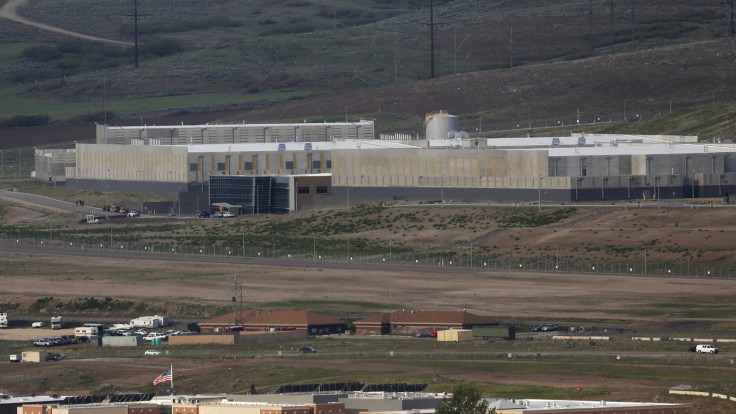Secret American court approves NSA bulk phone data collection again

The National Security Agency's bulk phone data collection programme has been revived one last time by a secret court on 30 June. The agency's phone collection was banned by Congress earlier in June when it passed the USA Freedom Act.
"Plus ça change, plus chest la même chose," wrote judge Michael Mosman for the Foreign Intelligence Surveillance court. According to the Guardian, the court has secretly authorised the agency's bulk collection request since 2006.
Mosman wrote, "This applications presents the question whether the recently-enacted USA FREEDOM Act, in amending Title V of Fisa, ended the bulk collection of telephone metadata. The short answer is yes. But in doing so, Congress deliberately carved out a 180-day period following the date of enactment in which such collection was specifically authorised. For this reason, Court approves the application in this case."
The legislation passed by Congress included a six-month transition period in which the NSA would convert to an alternative system that would force it to ask telephone companies for specific records instead of mining a central government database, the Guardian noted.
According to the Washington Post, Democratic Oregon Senator Ron Wyden said he did not believe the agency should resume collection, even temporarily. "This illegal dragnet surveillance violated Americans's rights for 14 years without making our country any safer," he said.
In his ruling, Mosman said the case was "quite extraordinary", particularly because Congress passed the legislation after the statue authorizing the NSA programme had already expired. Despite this, the judge rejected civil liberties groups's arguments that the brief hiatus would prevent the agency from collection in the same way it did prior to the transition phase, the Guardian reported.
"In passing the USA Freedom Act, Congress clearly intended to end bulk data collection of business records and other tangible things. But what it took away with one hand, it gave back—for a limited time—with the other," he said.
The American Civil Liberties Union on 30 June said it intends to ask the appeals court to ban the NSA's temporary collection.
© Copyright IBTimes 2025. All rights reserved.






















